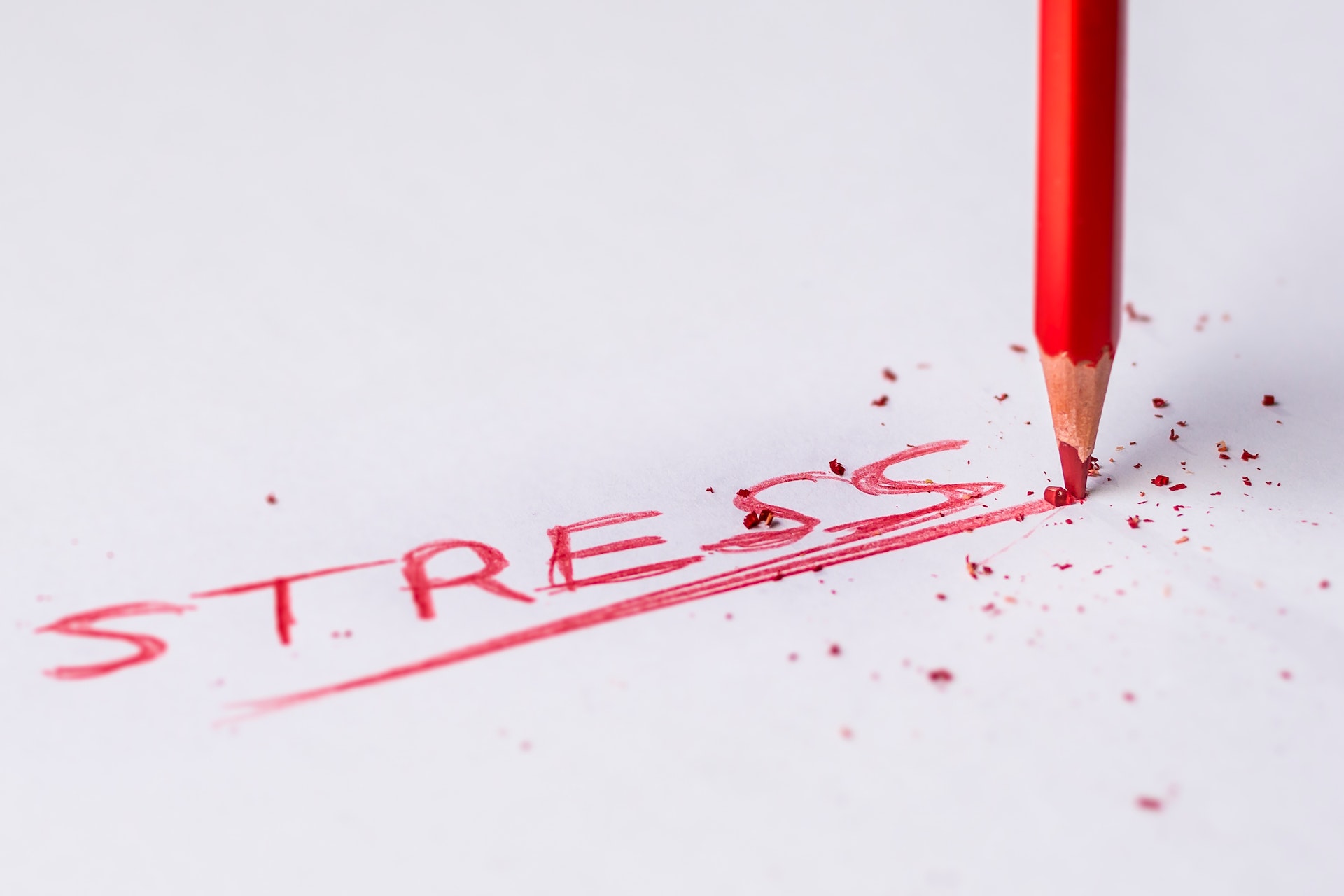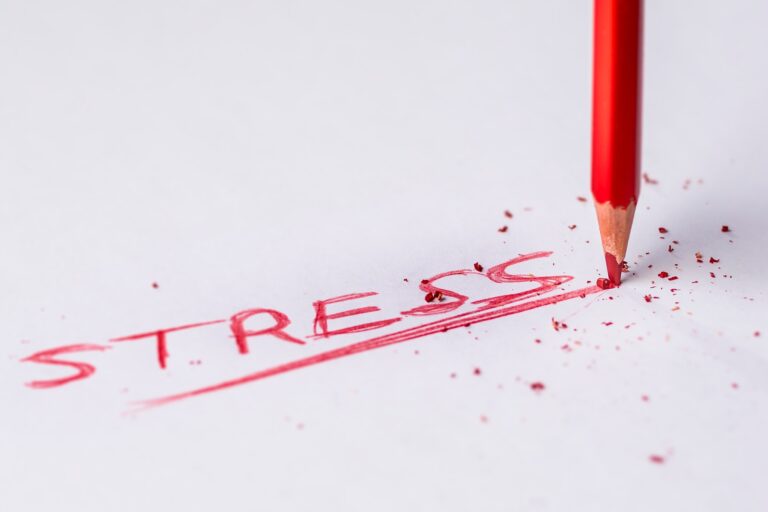In today’s fast-paced world, stress has become a common companion for many of us. Whether it’s from work pressure, family responsibilities, or other life challenges, stress can wreak havoc on our physical and mental health. However, managing stress effectively is essential to our overall well-being. In this comprehensive guide, we explore various strategies and techniques to reduce stress and take control of our lives.

Understanding stress
Before we dive into stress reduction strategies, it’s important to understand what stress is and how it affects us. Stress is our body’s natural response to perceived threats or challenges. It triggers a “fight or flight” response, releasing hormones like cortisol and adrenaline that prepare us to deal with the threat. While this response is helpful in short bursts, chronic stress can have negative effects on our health.
Types of stress
- Acute stress
- Episodic acute stress
- Chronic stress
Effects of stress
- Physical effects
- Psychological effects
- Emotional effects
- Behavioral effects

Identify your stressors
The first step in managing stress is to identify its sources in your life. What causes your stress and how does it manifest? Common stressors include work, financial, relationship and health problems. By identifying your specific stressors, you can develop targeted strategies to address them.
Self reflection
- Journaling
- Self-Assessment Tools
Seek professional help
- Therapy
- Counseling
- Stress management programs
Lifestyle changes to reduce stress
Your daily habits and lifestyle choices play an important role in your stress levels. Making positive changes in these areas can have a profound effect on your overall well-being.
Nutrition and diet
- The role of nutrition
- Foods that reduce stress
- Hydration
Exercise and physical activity
- Benefits of exercise
- Types of exercise
- Creating an exercise routine
Sleep hygiene
- The importance of quality sleep
- Tips to improve sleep
Relaxation techniques
- Deep breathing
- Meditation
- Yoga
- Progressive muscle relaxation
Time management and prioritization
One common source of stress is being overwhelmed by the demands of everyday life. Effective time management and prioritization can help you stay in control and reduce stress.
Setting priorities
- The Eisenhower Matrix
- The 2 minute rule
Time management techniques
- The Pomodoro technique
- Time blocking
- To-do lists

Building a strong support system
Having a support system is critical to managing stress. Friends, family and colleagues can provide emotional support and practical support during challenging times.
Nurturing relationships
- Building strong relationships
- Communicating your needs
Seek professional help
- Therapists and counselors
- Support groups
Mindfulness and stress reduction
Mindfulness is a powerful practice for reducing stress and increasing overall well-being. It involves being fully present in the moment and accepting it without judgment.
Mindfulness meditation
- Mindfulness techniques
- Mindfulness apps
Thoughtful activities
- Mindful eating
- Mindful walking
- Conscious breathing

Reducing stress in the workplace
Work-related stress is an important issue for many people. Learning how to manage stress at work is essential to maintaining productivity and well-being.
Time management in the workplace
- Prioritize tasks
- Setting boundaries
Work-Life Balance
- Flexible work arrangements
- resting
Obtaining Assistance at Work
- Talking to supervisors
- Employee Assistance Programs (EAPs)
Long-term stress reduction
Reducing stress is not a one-time solution; It’s a journey of a lifetime. This chapter explores how to maintain stress reduction strategies in the long term.
Continuity and Survival
- Developing habits
- Being responsible
Reevaluation and Adjustment
- Adapting to life changes
- Expecting continued support
conclusion
Stress is an inevitable part of life, but with the right strategies and tools, you can learn to manage it effectively. By understanding the sources of stress in your life, making lifestyle changes, practicing mindfulness, and seeking support when needed, you can reduce stress and improve your overall well-being. Remember that stress management is a lifelong journey, and by implementing the techniques outlined in this guide, you can lead a healthier and happier life.
Read other articles –
How to Overcome Automatic Negative Thoughts (ANTS) for a Happy, Healthy Life
Unlocking the Power Within Harnessing the Internal Energy of Your Body






















I do believe all of the points you have said in your article; they certainly very compelling and will undoubtedly be effective. However, the postings are too brief for beginners; could you perhaps extend them a little for the next time? Thank you for the post.